
Stories


News & Analysis
Information is Power: Sustainable Development Labs
Sustainable Development Labs can bring the benefits of Technology and Innovation to the poorest communities in our cities and nations, providing education, jobs, and growth by channeling IT projects to work with and for the people in those communities.

Data Journalism
Top Ten #ddj: The Week’s Most Popular Data Journalism Links
What’s the data-driven journalism crowd tweeting? Here are the top links for Feb. 16-22: terrorism & tourism (@SPIEGELONLINE); time-series (@edwardtufte); fellowships (@schoolofdata); ISIS’s cultural destruction (@wef); profiling refugees (@data_match); French agri-crisis (@LeTelegramme); & more.

Member Profiles
Slovenia: How a Neo-Nazi Exposé Almost Landed a Journalist in Jail
It was February 2013 when the police knocked on the door of Anuska Delic’s mother. The two officers had arrived at the house in the Slovenian capital of Ljubljana at 8am to speak with her daughter concerning a criminal investigation. Delic, a journalist for the well-respected daily newspaper Delo, was being charged for revealing alleged connections between the ruling right-wing Slovenian Democratic Party (SDS) and the controversial neo-Nazi movement Blood and Honour.

Member Profiles
The Unlikely Journalist Who Dethroned America’s Robber Barons
The idea of “the one percent” has become a popular way to discuss the gap between the fantastically wealthy—the one percent of Americans who control more than 20 percent of the country’s wealth—and the rest of us. But the one percent is not a new phenomenon. Back in 1900, they were known as the Robber Barons, and at the top sat John D. Rockefeller, founder of Standard Oil. But the Robber Barons had a corrective: Ida Minerva Tarbell.

Data Journalism
Top Ten #ddj: The Week’s Most Popular Data Journalism Links
What’s the data-driven journalism crowd tweeting? Here are the top links for Feb. 10-15: refugee crisis (@EJOnews); Africa ddj academy (@code4africa); School of Data fellowships (@schoolofdata); data sketching (@jawalnut); visualizing femicides (@ddjournalism); Nigeria data site (@budgitng).

News & Analysis
How the BBC Abandoned Investigative Reporting
The BBC has more journalists than any other media outlet in Britain, but out of those 4,000 men and women, yes 4,000, precisely none of them work in an investigations unit. The Sunday Times, Guardian, Telegraph and Mail have far less journalists between them but they all maintain centralized investigations units.
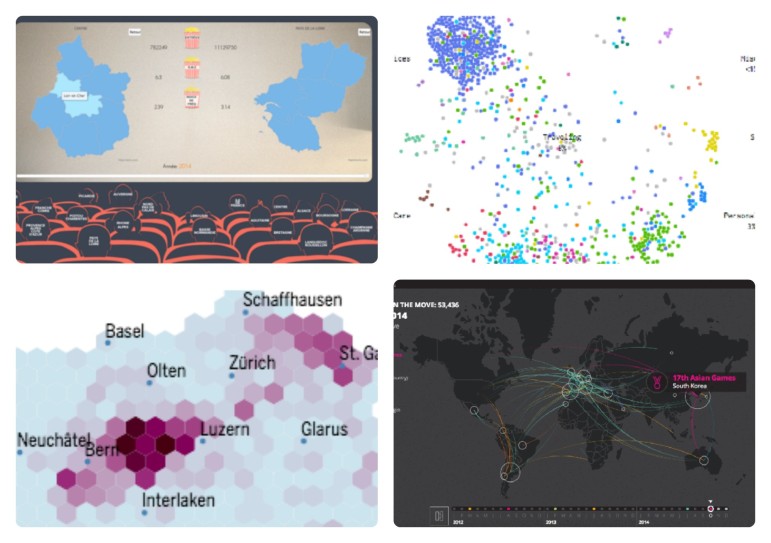
Data Journalism
Top Ten #ddj: The Week’s Most Popular Data Journalism Links
What’s the data-driven journalism crowd tweeting? Here are the top links for Feb. 3-9: 5 great dataviz (@neilhalloran); regression analysis (@schoolofdata); guessing correlations (@omarwagih); csv datasets (@gilleti); HybLab Datajournalisme (@HybLab); Madrid pollution (@eldiarioes); & more.

News & Analysis
Why David Daleiden Is Not An Investigative Reporter
The American conservative movement is redefining the practice of investigative journalism to support its objectives. The movement’s key tool is undercover work, penetrating liberal organizations to collect and report embarrassing material, then feeding it to social and political adversaries of those organizations.

Data Journalism
Top Ten #ddj: The Week’s Most Popular Data Journalism Links
What’s the data-driven journalism crowd tweeting? Here are the top links for Jan. 26-Feb.2: The NBA’s Curry (@fivethirtyeight); search Google like a Pro (@theguardian); gov’t black boxes (@El_Universal_Mx); Spain’s state cars (@elespanol); crimes by foreigners (@Datenblog112); and more.

Member Profiles
ProPublica Pioneers Investigative Journalism for the Digital Age
Given all the trash, half-truths and outright lies published on digital media, people are placing a higher value on media that verify information and demonstrate high ethical standards. Paul Steiger, founder and executive chairman of ProPublica, tells of a major donor to his online publication who “absolutely hated” an investigative story that they had published about a group “near and dear to the donor’s heart”. Steiger told the donor that the information was verified, and the story was fair. “We will just have to agree to disagree,” he told the donor.

Data Journalism
Top Ten #ddj: The Week’s Most Popular Data Journalism Links
What’s the data-driven journalism crowd tweeting? Here are the top links for Jan. 18-25: Inside the Tennis Racket investigation (@buzzfeed); Mapping Berlin (@morgenpost); Africa grants (@impactAfrica); automated journalism (@towcenter); Amazon deforestation (@infoamazonia); teaching #ddj in EU.
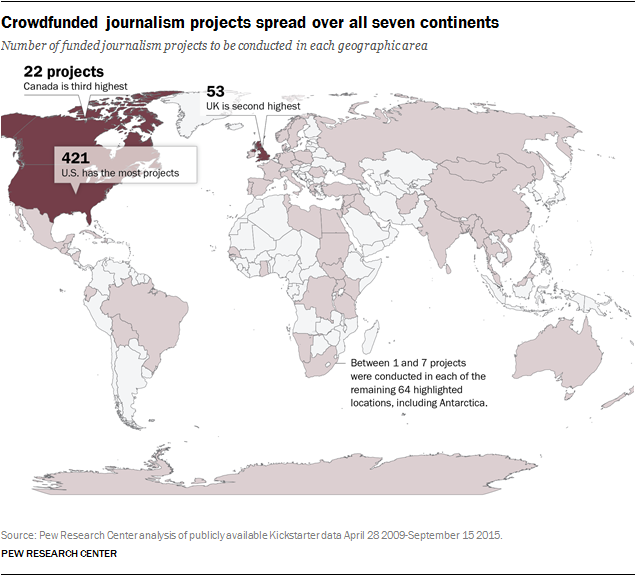
Case Studies
Crowdfunded Journalism: 10 Takeaways from the Pew Study
Last week, the Pew Research Center released Crowdfunded Journalism: A Small but Growing Addition to Publicly Driven Journalism. The report highlights that, while contributions to crowdfunding journalism are modest compared with other categories, it is indeed a growing trend. The report found that crowdfunding represents a new, niche segment of nontraditional journalism, gives voice and visibility to efforts that otherwise would likely slip under the radar, provides new sources of sustainability, and contributes to public engagement.

News & Analysis
IRE’s Meyer Awards Honor Best Use of Social Science
A data-driven investigation that exposed the human cost of school re-segregation in central Florida is the first-place winner of the 2015 Philip Meyer Journalism Award. Investigations that explored the growth of diversity in American cities and revealed the small cadre of attorneys who dominate the U.S. Supreme Court docket are also top winners. The Meyer Award, given annually by Investigative Reporters and Editors, recognizes the best use of social science methods in journalism.

GIJN Welcomes 12 New Members from 11 Countries
The Global Investigative Journalism Network is delighted to welcome to 12 new member organizations this week. Among them are an Indian newsroom famed for its undercover work, a Peruvian data journalism pioneer, a Transylvanian muckraking nonprofit, and the training arm of a top Nigerian investigative daily. We are particularly pleased to welcome for the first time groups from Botswana, in southern Africa; the Himalayan kingdom of Bhutan; and Vietnam in Southeast Asia.

Data Journalism
Top Ten #ddj: The Week’s Most Popular Data Journalism Links
What’s the data-driven journalism crowd tweeting? Here are the top links for Jan. 11- 17: Eleven common situations with data (@LocalFocusNL); 2015 in charts (@nytimes); Quartz guide to bad data (@gijn); text document extractor scripts (@pudo); DW Akademie trainees (@dw_akademie); and more.

Data Journalism
The Quartz Guide to Bad Data

Data Journalism
Top Ten #ddj: The Week’s Most Popular Data Journalism Links
What’s the data-driven journalism crowd tweeting? Here are the top links for Jan. 5- 11: Awesome public datasets (@github); 20 ways to find data (@journalismnews); 19th Century big data (@ddjournalism); tilemaps & dataviz in Switzerland (@rastrau); Carnival in Germany (@Schwaebische); and more.

2nd Asia Investigative Journalism Conference, Nepal, Sept. 23-25
Attention: Investigative journalists in Asia — mark your calendars! Join us at the second Asian Investigative Journalism Conference in Kathmandu, Nepal, on September 23-25, 2016. We will be featuring an all-star line-up of top investigative and data journalists from around the world.
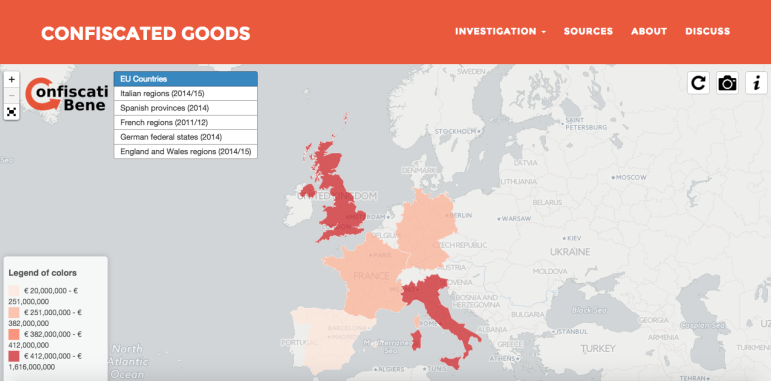
Data Journalism Methodology
Inside a Pioneering Italian Data Journalism Collaboration
Confiscati Bene, released in mid-December in Europe, is a pioneering data journalism collaboration that digs into the $4 billion of goods in the EU confiscated from criminals by European authorities. An international team of journalists and their allies sought to create a European database of seized assets and answer troubling questions about the accountability of the process. Confiscati Bene (literally, Well Confiscated) received support from GIJN member JournalismFund.eu; the main project can be seen at http://eu.confiscatibene.it.

News & Analysis
Despite Challenges, S. African Muckraking Pushes Forward
A boom in investigative journalism in South Africa seems to be winding down as media houses slash budgets to balance their books to continue to pay dividends to shareholders. “South Africa has had something of a golden era in investigative reporting, with as many as four teams at different institutions dedicated to it,” said Professor Anton Harber, head of the journalism department at the University of the Witwatersrand in Johannesburg.

Data Journalism
Top Ten #ddj: The Week’s Most Popular Data Journalism Links
What’s the data-driven journalism crowd tweeting? Here are the top ten links for Dec. 23- Jan.4: NYT’s best graphics & visual stories (@NYT); programmers’ StackOverflow questions (@jbkunst); AI & disaster reporting (@ddjournalism); New Year’s tweets (@tomaspetricek); 2015 top #ddj tweets (@gijn).

Data Journalism
Top Ten #ddj for 2015: The Year’s Most Popular Data Journalism Links
Thanks to so many of you for following our weekly Top Ten #ddj, which uses NodeXL to do a social network analysis on data journalism tweets. Here’s our summary of the year’s best: the most popular hashtags, the most searched domains, and the top mentions. As we have through the year, GIJN sends big thanks to the great Marc Smith of Connected Action for gathering the links and graphing them.
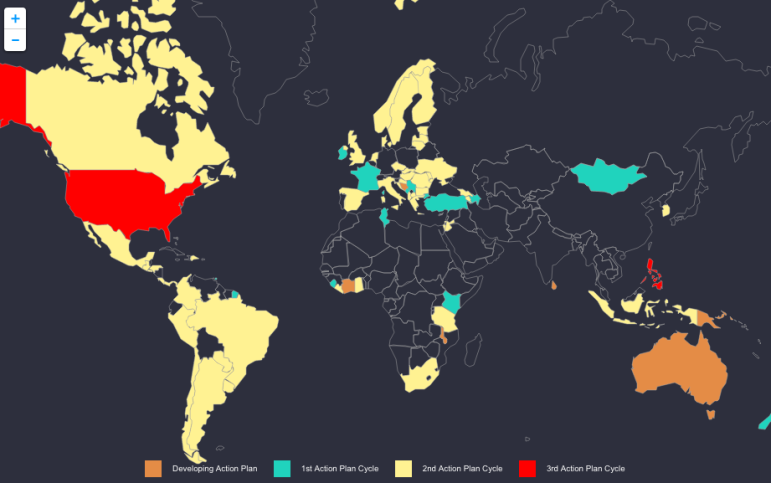
News & Analysis
An Investigative Journalist Leaps From Print to Digital
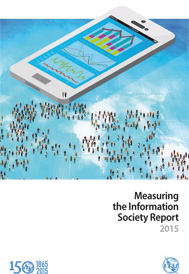
Data Journalism Reporting Tools & Tips
Research Desk: Weather Disasters, Population, ICT

News & Analysis
Investigative Reporting in 2015: GIJN’s Top 12 Stories
As 2015 nears an end, we’d like to share our top 12 stories of the year — the stories that you, our dear readers, found most compelling. The list ranges from free data tools and crowdfunding to the secrets of the Wayback Machine. Please join us in taking a look at The Best of GIJN.org this year.

Data Journalism
Top Ten #ddj: The Week’s Most Popular Data Journalism Links
What’s the data-driven journalism crowd tweeting? Here are the top ten links for Dec. 8-13: New book on ddj in newsrooms (@NiemanLab); a guide to bad data (@qz); persons of interest database (@pudo); US mass shootings (@washpost); terrorist attacks since 1970 (@datenblog); ddj en Ecuador; & more.
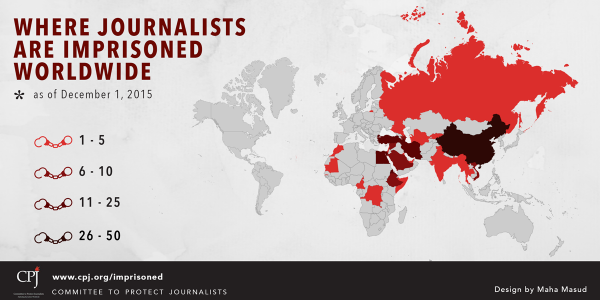
News & Analysis
Led by China, Egypt, 199 Journalists Now in Prison
The Committee to Protect Journalists is out with its annual census of journalists in prison, and, as always, the report makes for grim reading. Check it out, anyway — it’s important our community knows what’s happening to our colleagues around the world. Here’s the quick and dirty: Globally, CPJ found 199 journalists in prison because of their work on December 1, 2015, a modest decline from record highs of the past three years. (There were 221 in 2014.) CPJ’s list does not include the many journalists imprisoned and released throughout the year.
